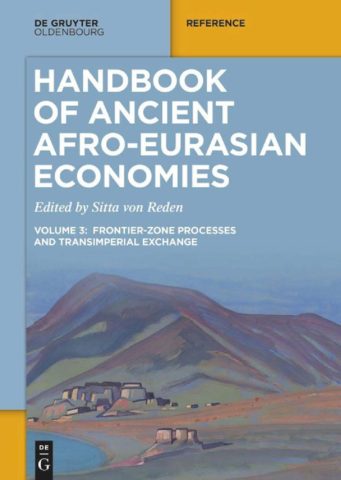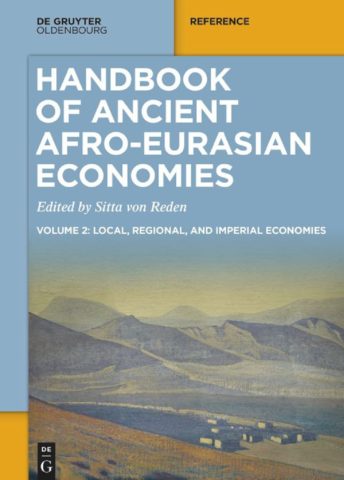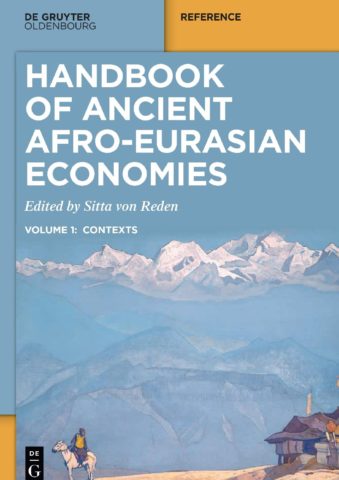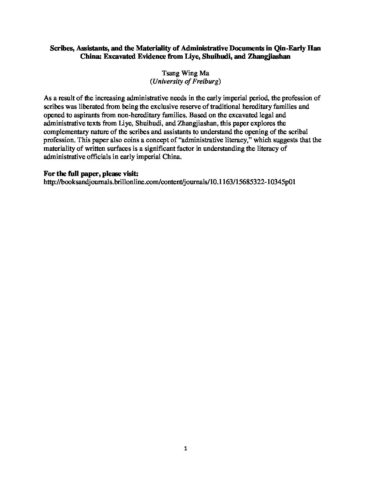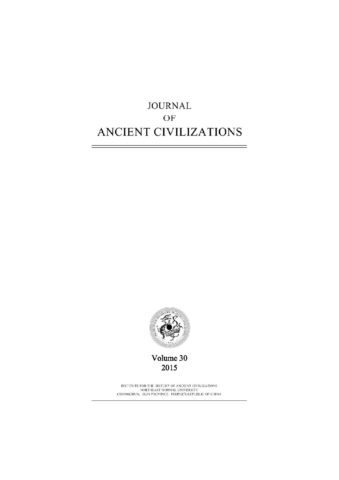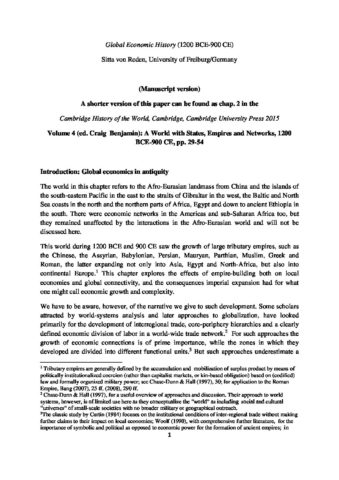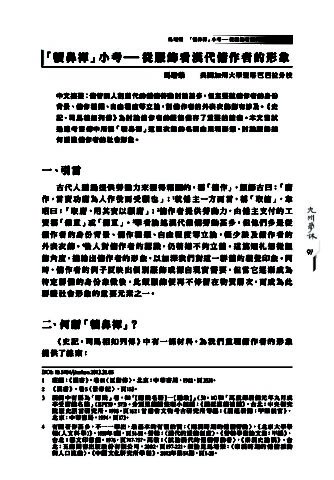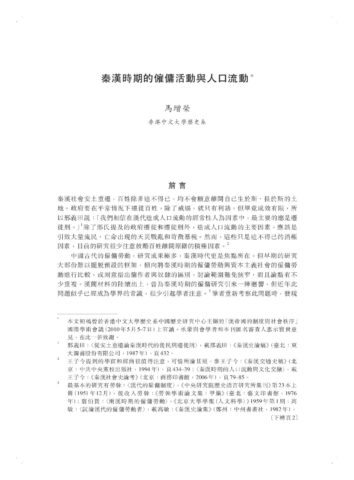Region: China
Handbook of Ancient Afro-Eurasian Economies Volume 2: Local, Regional, and Imperial Economies
The second volume of the Handbook describes different extractive economies in the world regions that have been outlined in the first volume. A wide range of economic actors – from kings and armies to cities and producers – are discussed within different imperial settings as well as the tools, which enabled and constrained economic outcomes.
Handbook of Ancient Afro-Eurasian Economies Volume 1: Contexts
Between the State and His Superior: The Anxiety of Being a Low-Ranked Scribe in the Qin and Han Bureaucratic Hierarchy
Speaker: Tsang Wing Mapresented at the 22nd biennial conference of the European Association for Chinese Studies, University of Glasgow, 29 August – 1 September
Between Command and Market: Credit, Labor and Accounting in the Qin Empire (221-207 B.C.E.)
Speaker: Dr. Maxim KorolkovUniversity of Freiburg, Department of Ancient History, 16:30-18:00
Scribes, Assistants, and the Materiality of Administrative Documents in Qin-Early Han China: Excavated Evidence from Liye, Shuihudi, and Zhangjiashan
As a result of the increasing administrative needs in the early imperial period, the profession of scribes was liberated from being the exclusive reserve of traditional hereditary families and opened to aspirants from non-hereditary families. Based on the excavated legal and administrative texts from Liye, Shuihudi, and Zhangjiashan, this paper explores the complementary nature of
Perceptions from Beyond: Some Observations on non-Roman Assessments of the Roman Empire from the Great Eastern Trade Routes
Journal of Ancient Civilizations 30 (2015) 117-149 (together with A. Kolb)
The paper offers an overview and short discussion of contemporary assessments of ‘the Romans’ and the Roman Empire in literary and documentary sources from the great Eastern trade routes between the Mediterranean Sea and Ancient China. The paper also proposes new interpretations of the
Global Economic History
This is the first attempt to write an economic history of the Afro-Eurasian region in antiquity from the first Millennium BCE to the first Millennium CE. It starts from a comparative assessment of economic structures and growth, focussing on factors such as agrarian, urban and fiscal development as well as monetization. In a second step,
On the Term dubi kun: Reconstructing the Image of Han Hired Laborers by Investigating their Clothing
Although there is substantial number of studies on hired laborers in Han period, they have not yet constructed a vivid image of this group of personnel. These studies focus on investigating hired laborers’ economic backgrounds, as well as the types of job engaged with and extent of freedom enjoyed. But the appearances of laborers have
Hired Activities and Movement of Population in Qin-Han Periods
Residents in Qin-Han rural society had close relationship with their land, kinship, and neighborhood. Leaving home was regarded as full of uncertainty and fear due to the difficulty and danger of transportation. Thus, residents were not easily intended to depart from their home or take a long distance journey. Their mobility was limited and their
